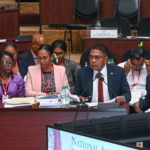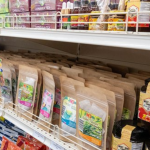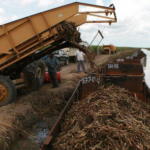Citizens will be better prepared to respond to natural disasters such as flooding, as the Guyana Hydrometeorological Office is exploring the possibility of moving to impact-based forecasting.
Impact-based forecasting is a structured approach for combining hazard, exposure and vulnerability data to identify risk and support decision-making, with the ultimate objective of encouraging early action that reduces damages and loss of life from natural hazards.
Chief Hydrometeorological Officer, Dr Garvin Cummings, speaking to media representatives recently, said significant investments have been made in this area which will allow the agency to move towards this type of forecasting.
“We’re moving away from saying how much rainfall or only how much rainfall, but what the rain will do, what it is likely to do, what it is likely to impact, how will it affect traffic, how it will affect aviation, how it will affect agriculture.”So that you’re not only seeing 50 millimetres of rainfall at a particular location but what is that rainfall likely to do, how is it likely to affect and what actions you must take to mitigate any potential impact,” Dr Cummings explained.
This type of forecasting will play an integral role in agriculture and aviation in terms of planning.
In addition, Dr Cummings said a flood early warning system will be rolled out shortly which will prove fruitful during the rainy season.
“We have in place now a framework that will allow us in the near future to have in place a flood early warning system, that will allow us not only to give rainfall forecast but also flooding forecast.”
The agency celebrated its 57th Anniversary on Wednesday and the Chief Hydromet Officer boasted the improvements made over the past years. He, however noted that there is still more room for improvement.
The Hydromet Office is an agency that falls under the purview of the Ministry of Agriculture.






